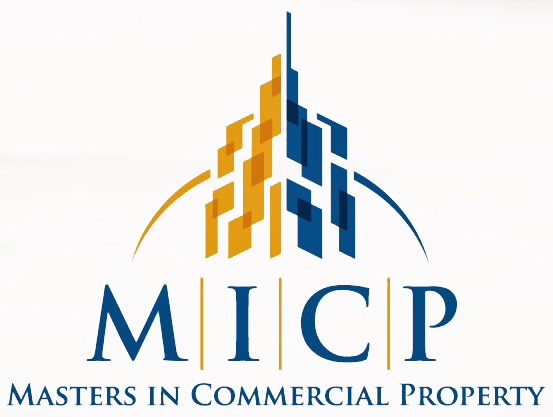On the CCIM Institute web site, there is a brief description of what the CCIM Institute is and what the CCIM designation is all about:
“CCIM Institute is commercial real estate’s value creation organization. A global community of 13,000 members, more than 50 chapters, and 30 countries, CCIM educates and connects the world’s leading experts in investment strategy, financial analysis, and market analysis. Through the Institute’s signature designation program-real estate’s most coveted credential-and its topical education courses offered through the Ward Center for Real Estate Studies, CCIM has elevated real estate professionals to the highest reaches of the industry. We do this through a comprehensive curriculum based on practical knowledge, and instructors who are themselves industry leaders.
Today, almost 70 percent of designees hold the title of owner, partner, principal, or president, representing an exclusive worldwide referral network. In addition, CCIM offers its members the industry’s best technology platform, allowing entrepreneurial and mid-sized businesses to compete with the largest multinational providers.”
Candidates have to go through extensive training and education by taking four core classes in addition to business ethics and several extra elective courses. Once they finish the education part of the process, candidates are required to submit their portfolio to show their experience in the commercial real estate industry. The portfolio will be vetted and verified before the candidates are qualified to take the comprehensive exam. Once the portfolio is accepted and the candidate has passed the final comprehensive exam, then they will be pinned and awarded the CCIM Designation.
You may ask, but what are the classes they must take and what exactly do CCIM members learn? The following is a list of some of the subjects covered:
First Class:
Financial analysis with cash flow models
without financing/before tax
Without financing /after tax
with financing /before tax
with financing/ after tax
Measures of property performance
i.e. calculating Gross Rent Multiplier
Acquisition and disposition CAP rate
Net Present Value
Internal Rate of Return
Property Basis
Cost Recovery
Mid-month Convention
Tax Liability on Sale
Financing issues at the time of acquisition
LTV
Debt Service Coverage Ration
Cash on cash
Second Class
Investor Decisions
Life Cycle of Real Estate Investment
Acquisition, ownership and operation, disposition
Hold VS Dispose Decision
Expected Value of Returns
Disposition Alternatives
Hold and Do Nothing
Hold and Refinance
Exchange into another property
Internal Rate of Return Comparison
Capital Accumulation Comparison
Third Class
User Decision
Acquisition of Space
Types of Leases
Economic Analysis Terminology
Lease Comparisons
Comparative Lease Analysis
Lease VS. Purchase
IRR Method
Operating Lease Reporting
Capital Lease or not?
Fourth Class
Market Analysis
CCIM Strategic Analysis Model
Vacancy Rates and Calculations
Absorption Rates and Calculations
GAP Analysis
Non-basic and Basic Employment
Applying Economic Base Analysis as a forecasting tool
Calculating Location Quotient
Calculating total Basic Employment
Calculating Economic Base Multiplier
Population Employment Ratios (PER)
Total Employment and Population Growth Calculations
Analysis of Shift-share Results
If you are interested in obtaining your CCIM Designation, please contact me or one of the CCIM Designees in your area.






